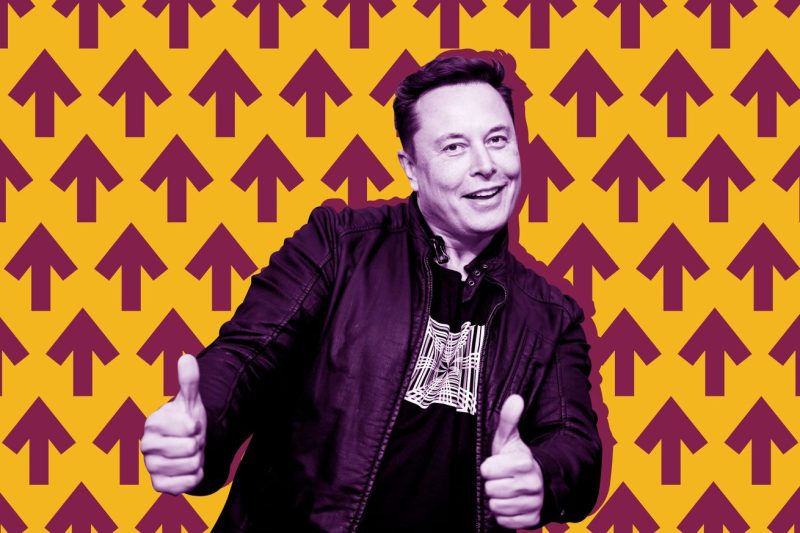In a recent legal battle over Tesla CEO Elon Musk’s $1 million voter giveaways, a judge has declined to block the distribution of prizes, despite claims challenging the legality of Musk’s actions. The controversial social media campaign, initiated by Musk in an effort to encourage voter participation, has sparked debate and legal scrutiny.
The judge’s decision not to halt the giveaway comes after several complaints were filed against Musk, questioning the motives behind the financial incentives provided by Tesla and SpaceX. Critics argue that Musk’s initiative could unduly influence voters and potentially impact the democratic process. However, the judge found insufficient grounds to prevent the distribution of prizes, highlighting the importance of free speech and individual expression in the context of electoral engagement.
While the judge’s ruling may have come as a relief to Musk and his supporters, concerns remain regarding the potential ramifications of high-profile figures using their wealth and influence to sway public opinion. The intersection of technology, social media, and politics raises complex ethical and legal issues, challenging traditional norms and boundaries.
Musk’s voter giveaways have ignited a broader conversation about the role of billionaires in shaping public discourse and political outcomes. Critics argue that individuals with immense resources, such as Musk, possess disproportionate power to impact public opinion and policy decisions. The ethical implications of leveraging financial incentives for political participation underscore the need for greater transparency and accountability in the digital age.
As the boundaries between technology, media, and politics continue to blur, the case of Musk’s voter giveaways serves as a bellwether for the evolving landscape of civic engagement and democracy. The judge’s decision not to block the distribution of prizes sets a precedent for the intersection of social media activism and electoral processes, prompting lawmakers and regulators to reassess existing regulations and safeguards.
In conclusion, while the judge’s ruling allows Musk’s voter giveaways to proceed, the broader implications of this case underscore the importance of upholding the integrity and fairness of democratic processes. As technology and social media platforms increasingly shape public discourse and participation, it is essential to critically evaluate the impact of influential figures like Elon Musk on electoral dynamics and civic engagement. Moving forward, vigilance and proactive measures are necessary to safeguard the principles of democracy in the digital age.
